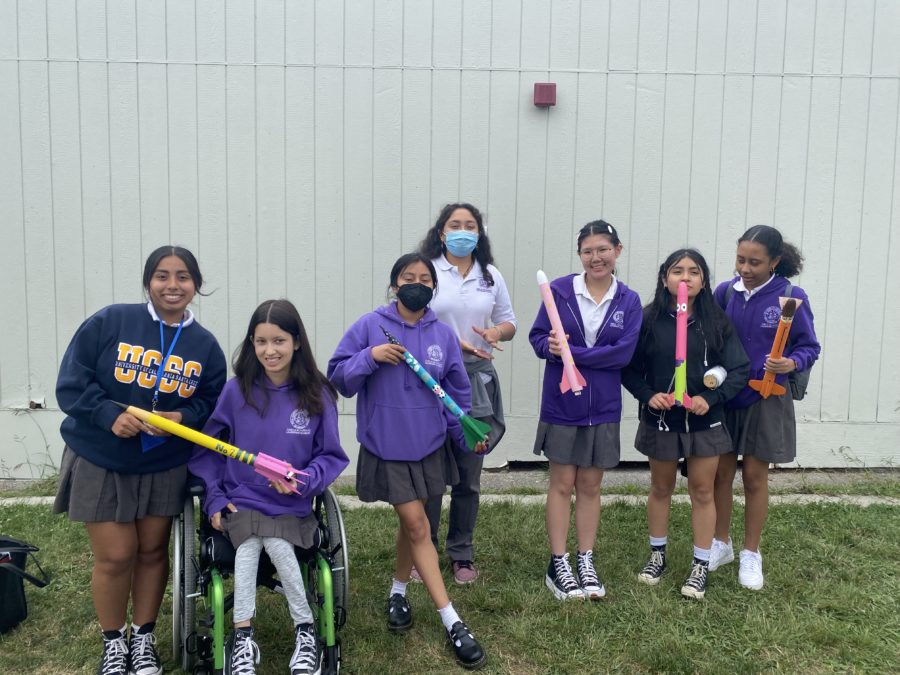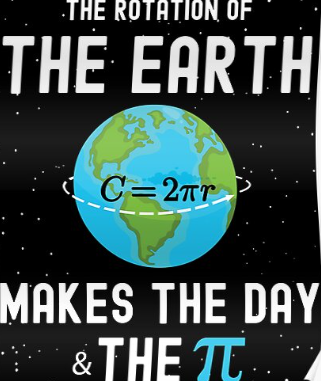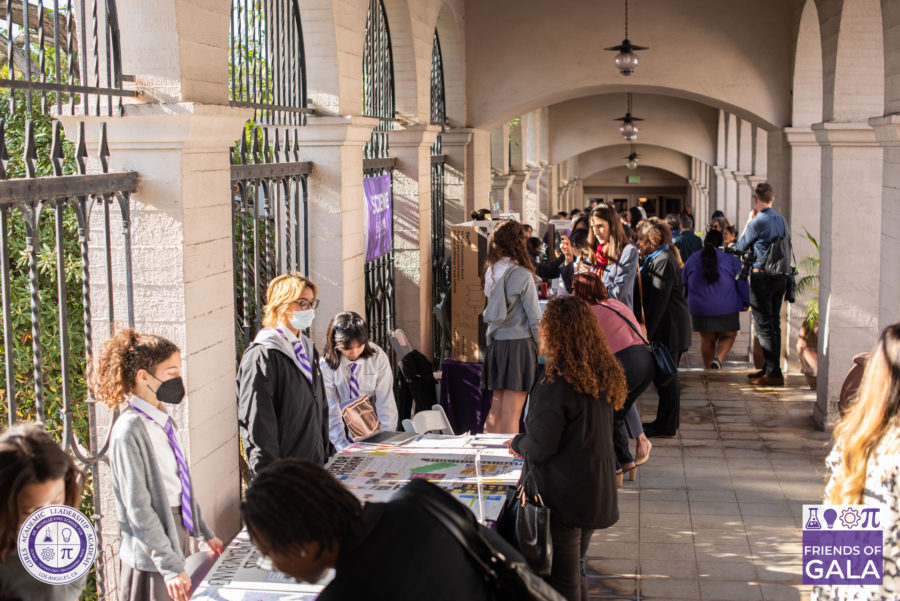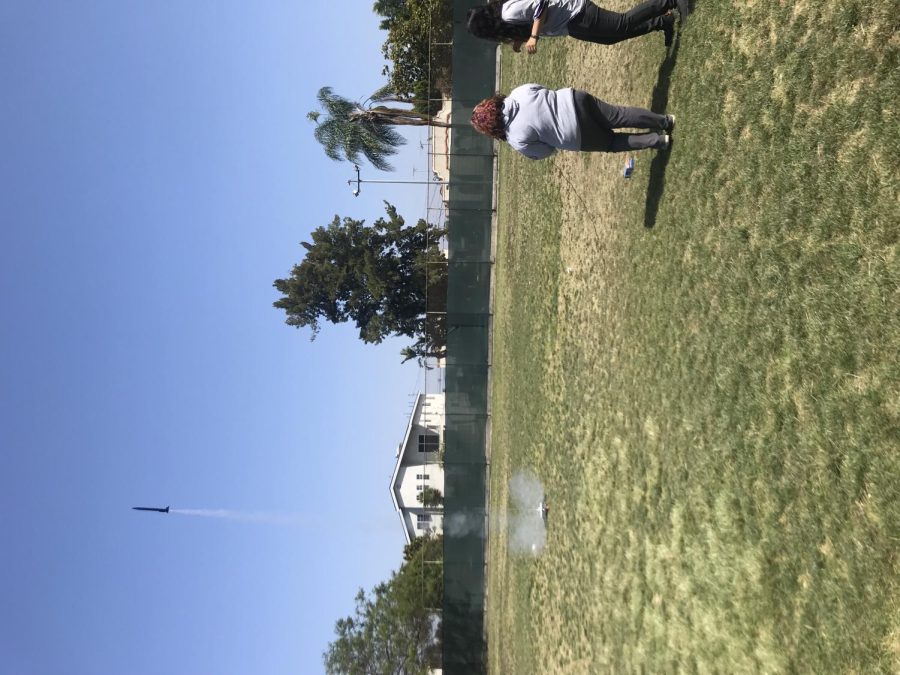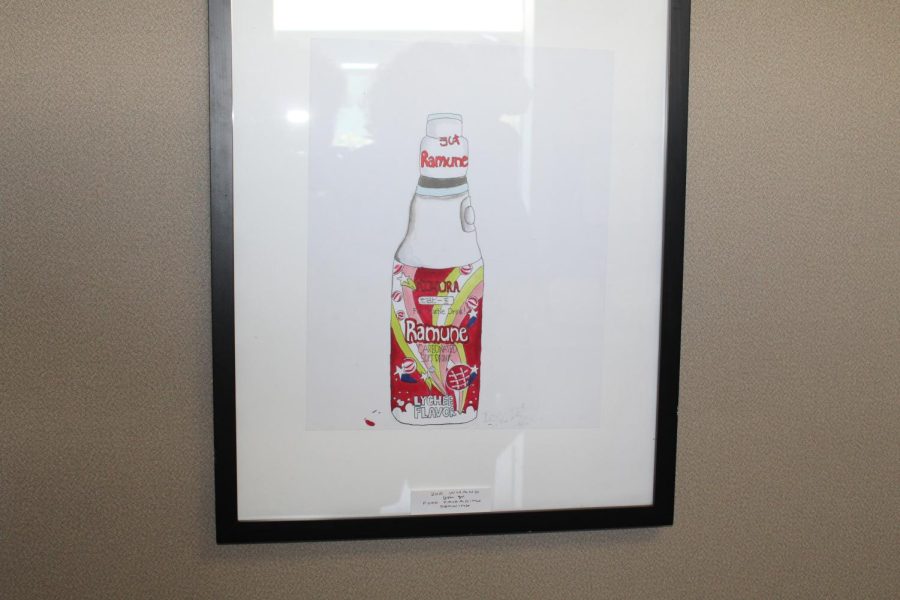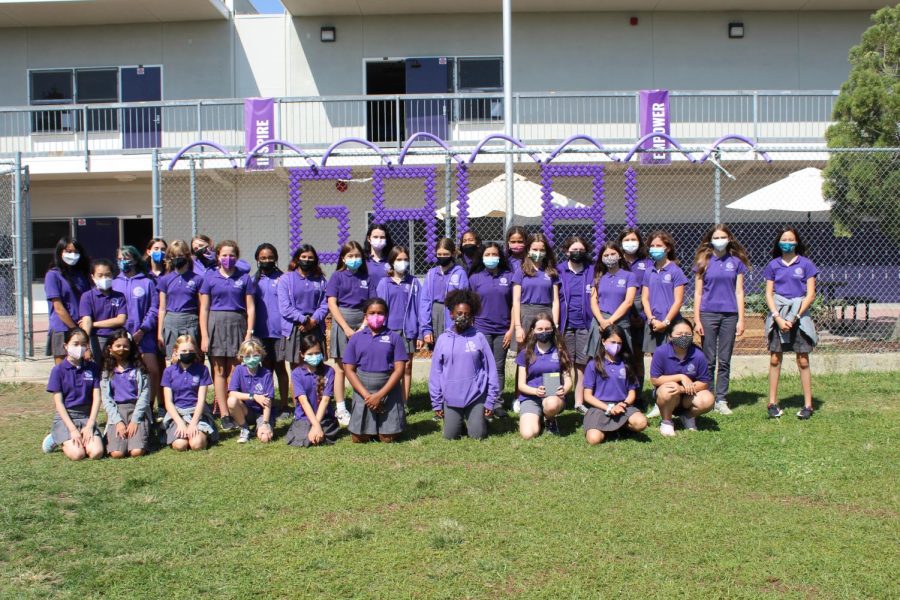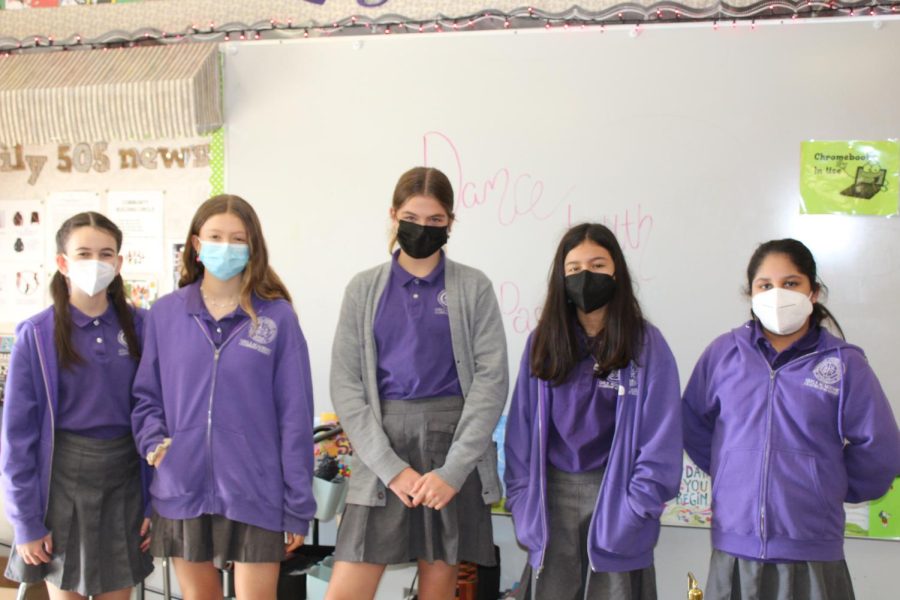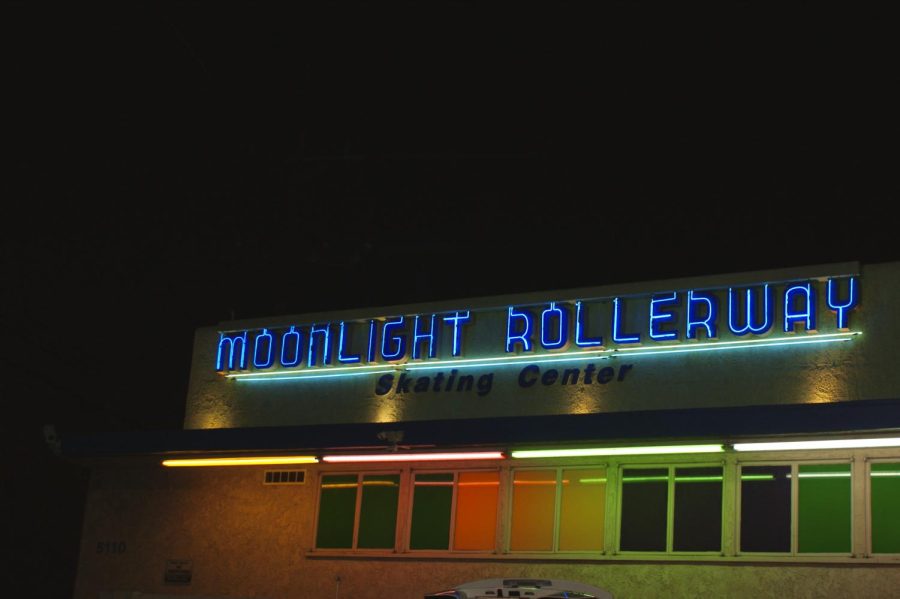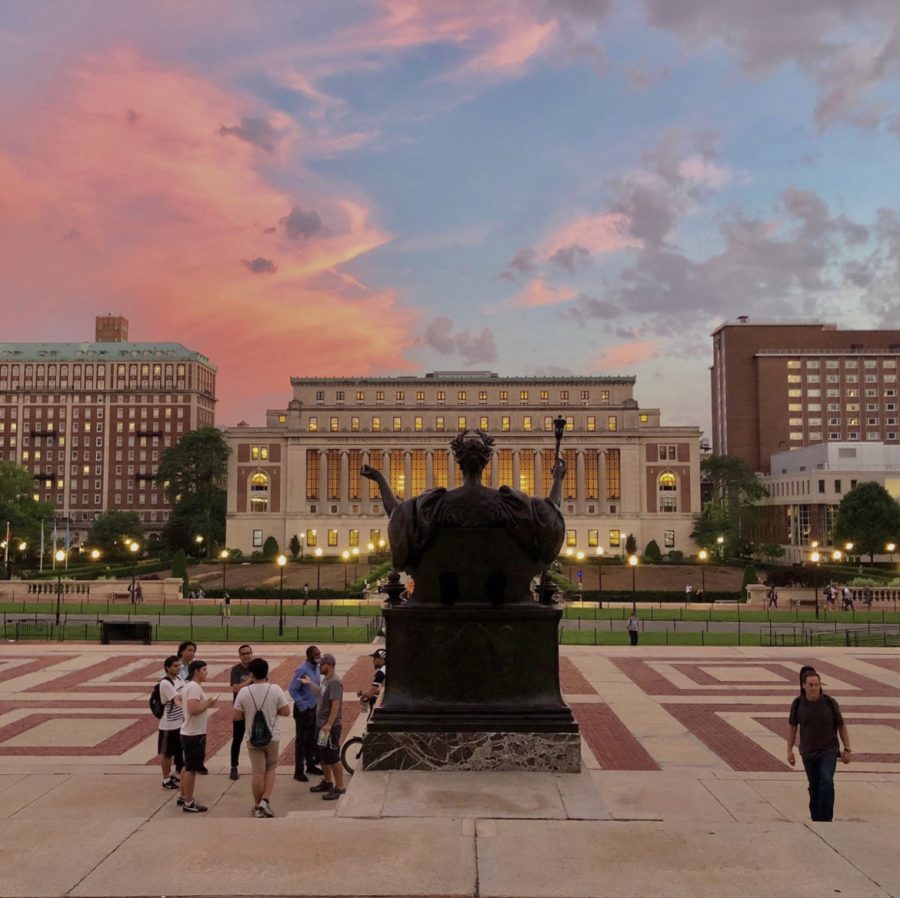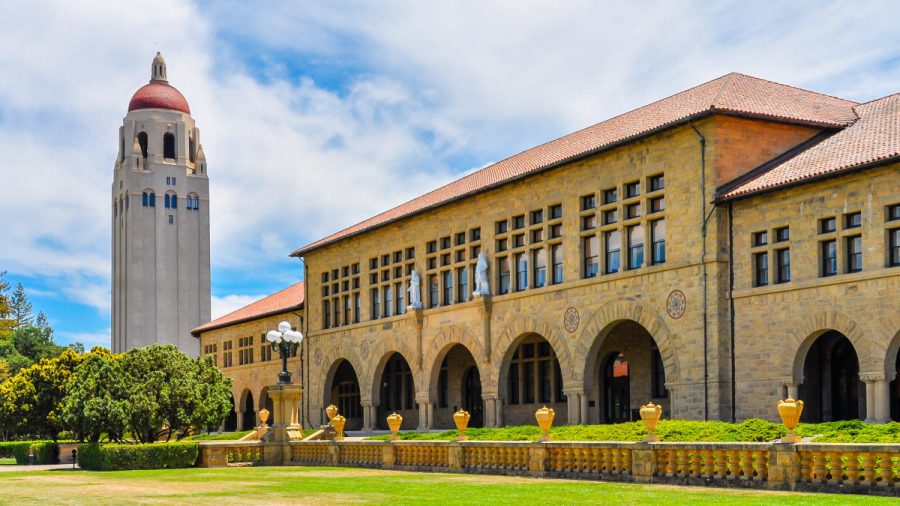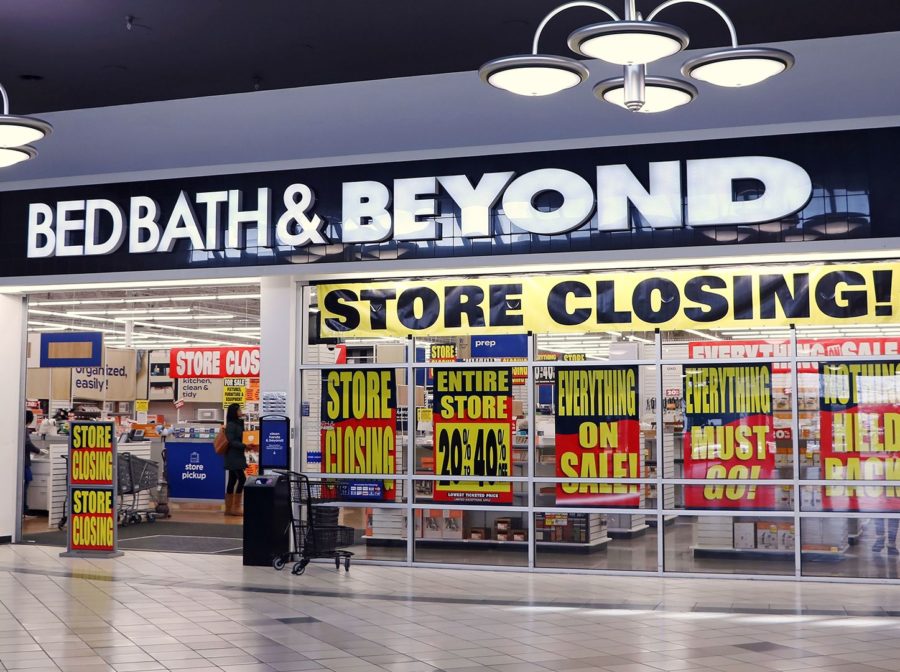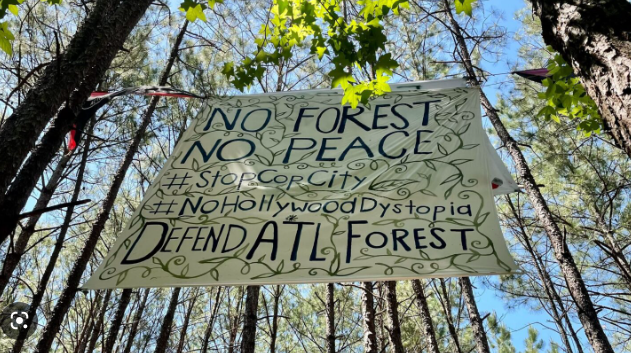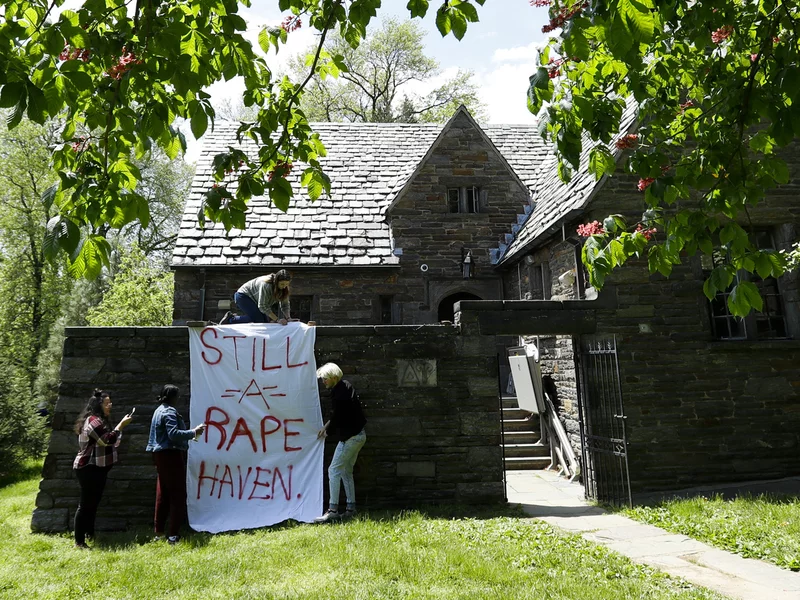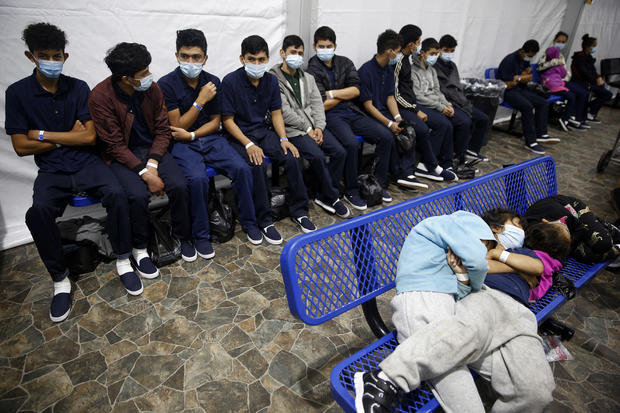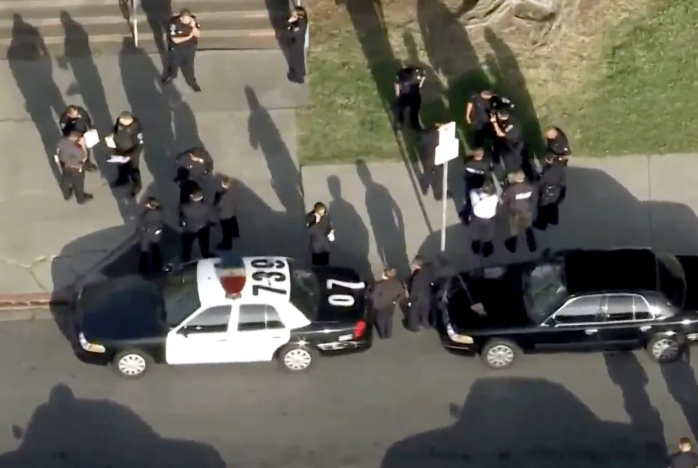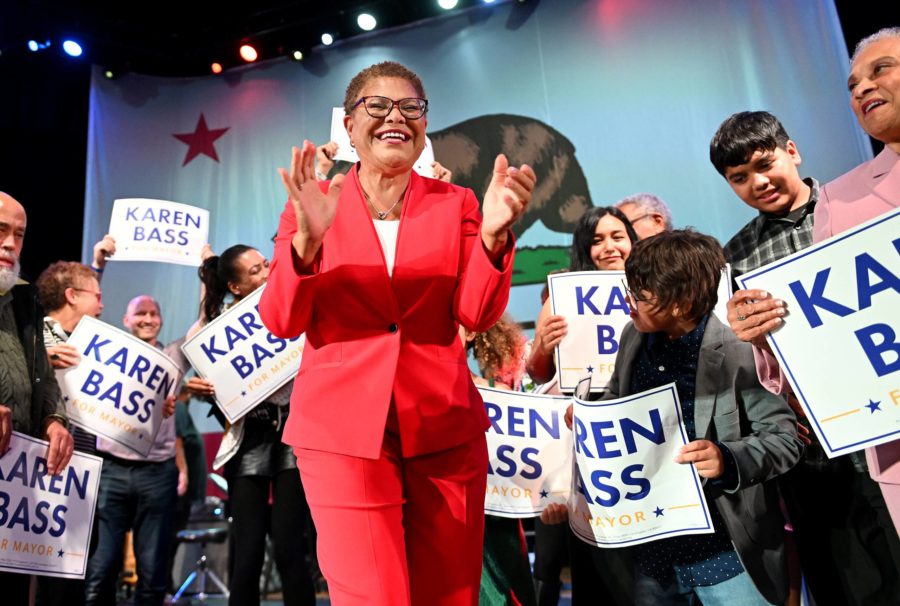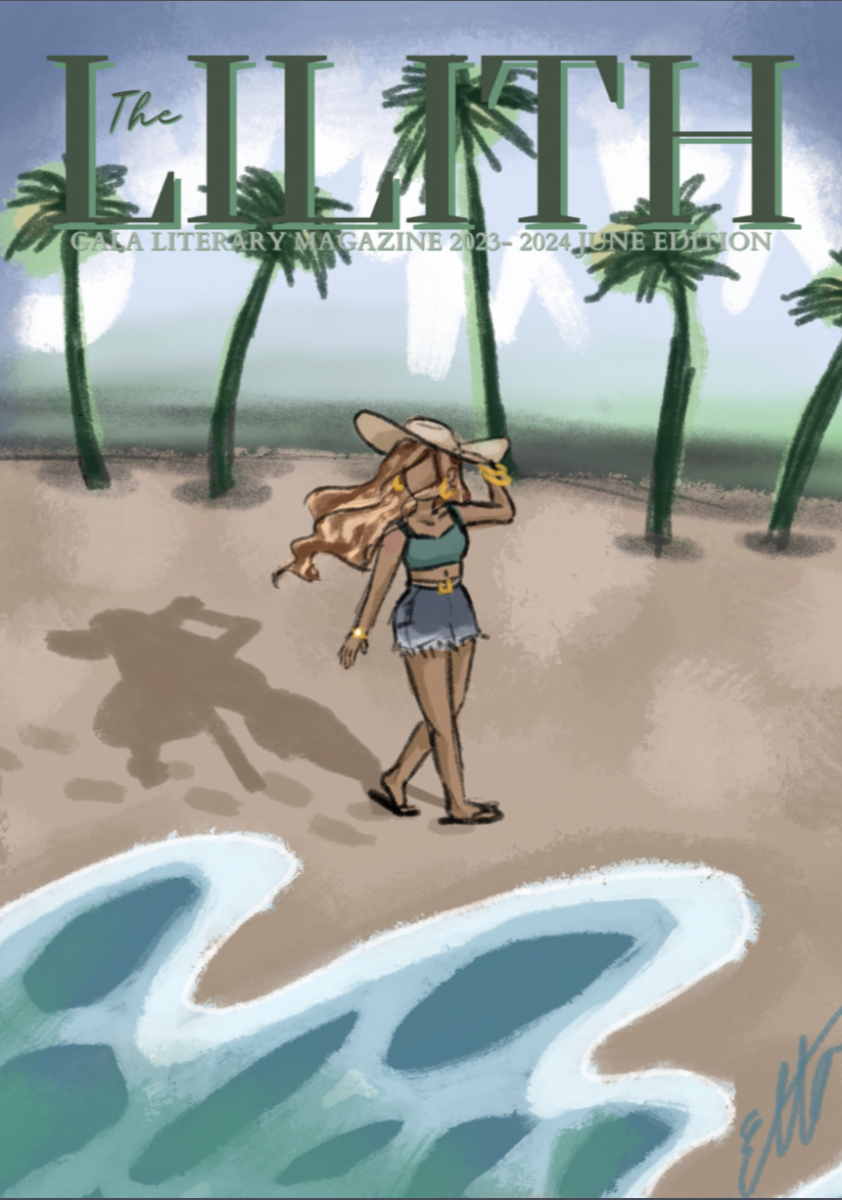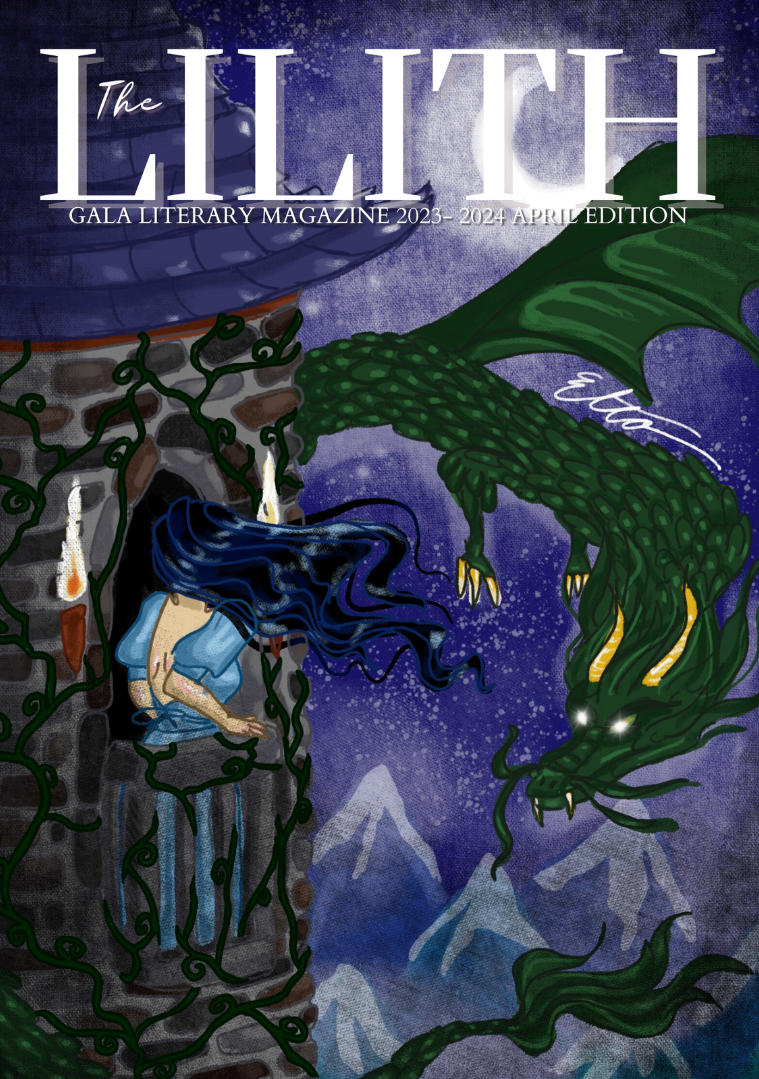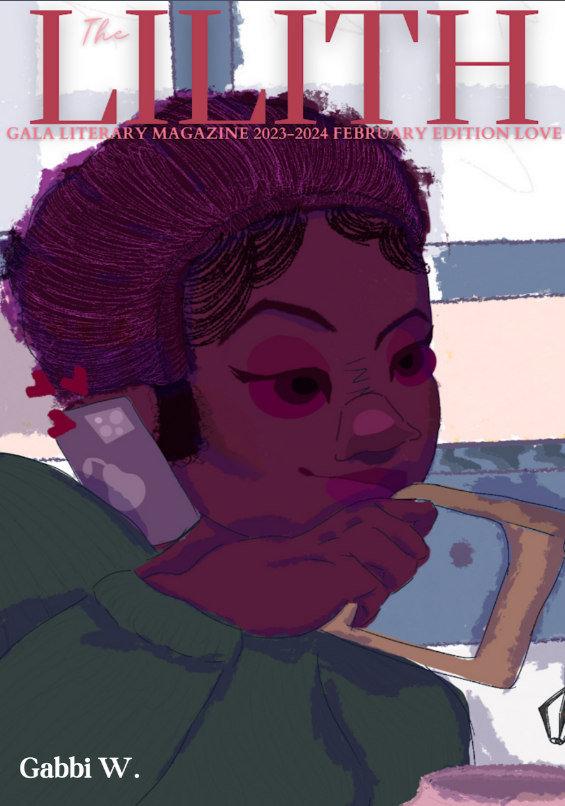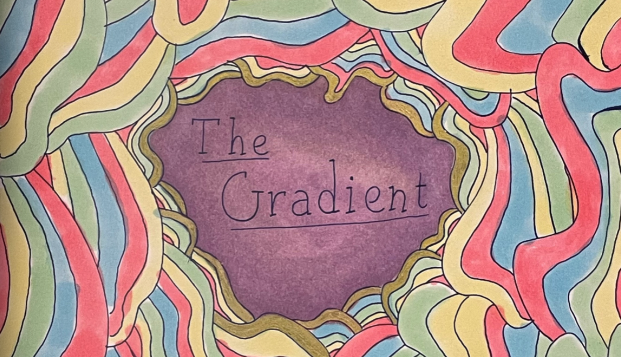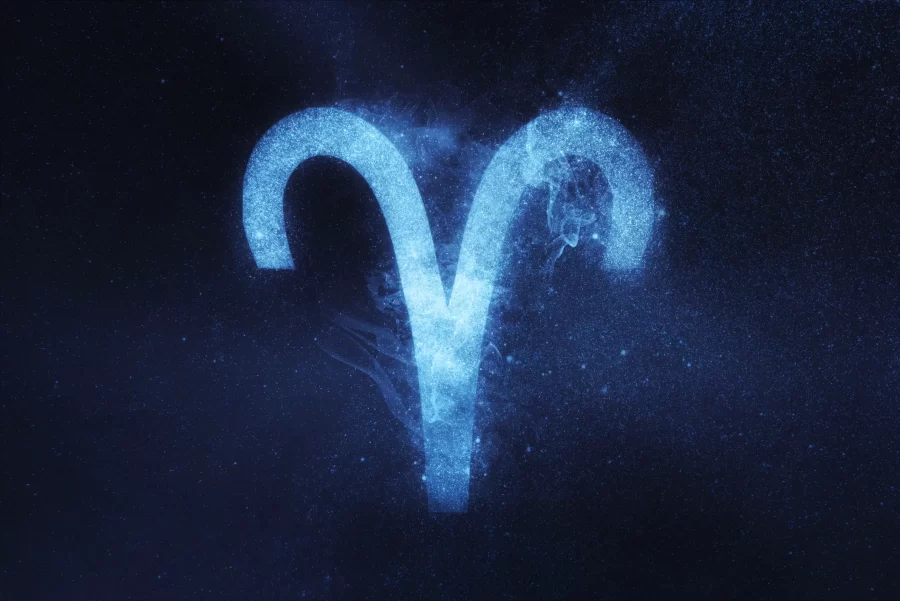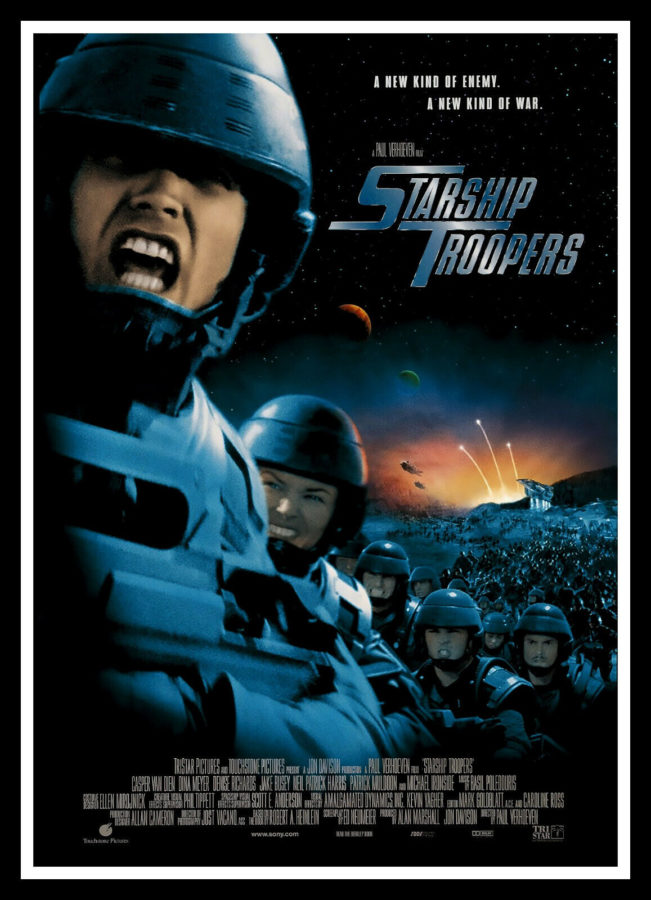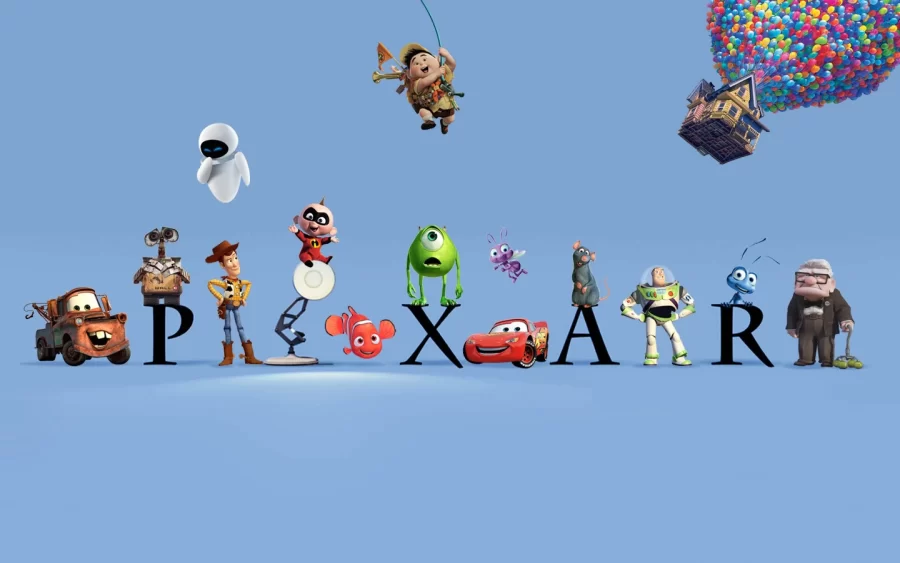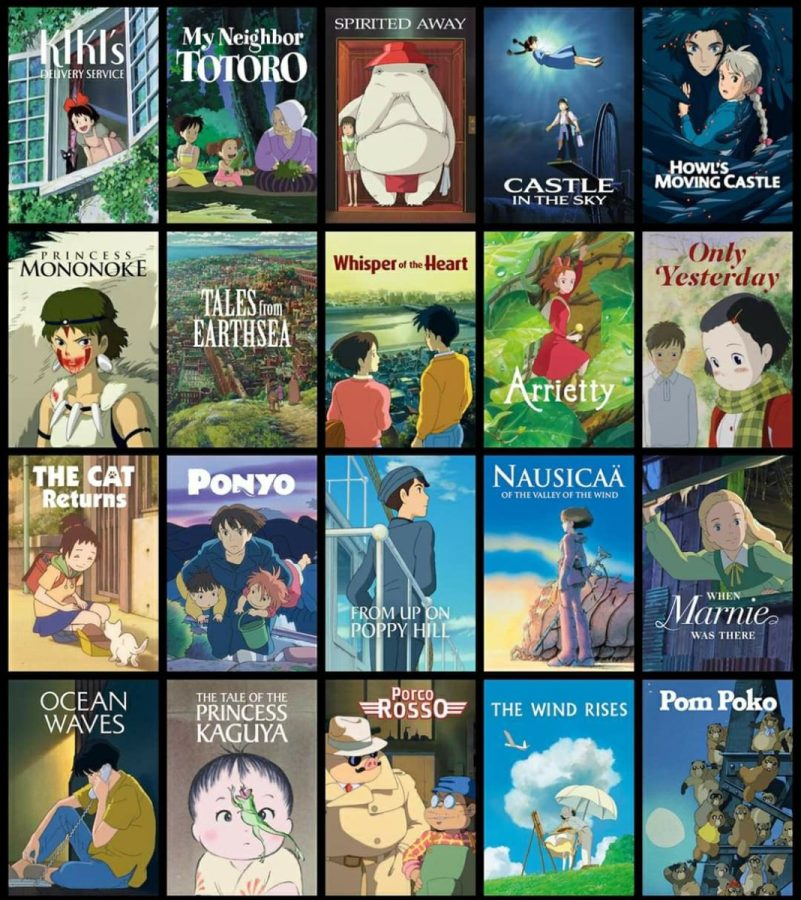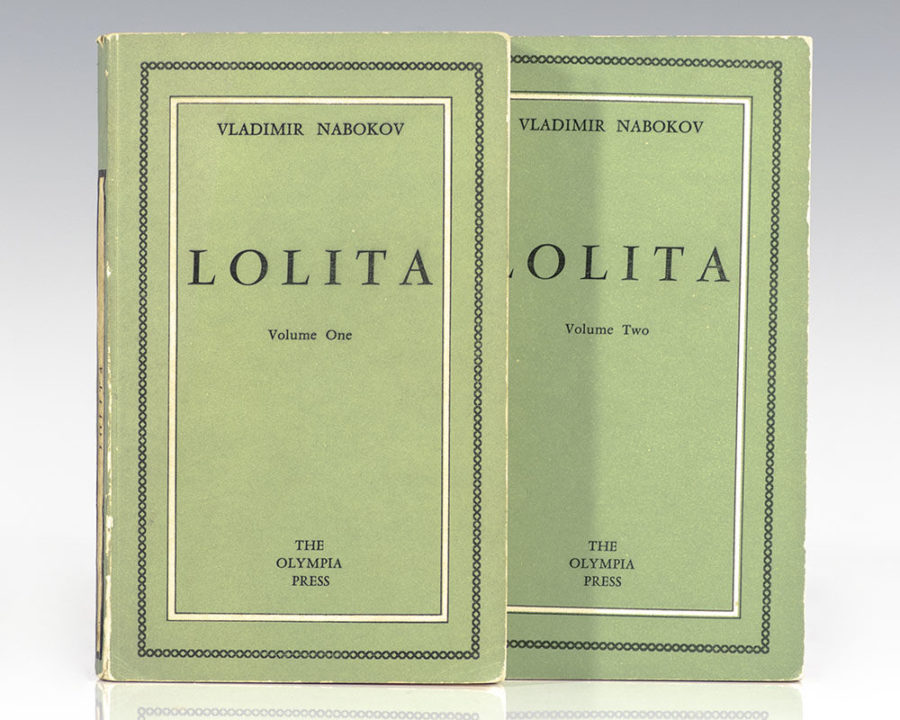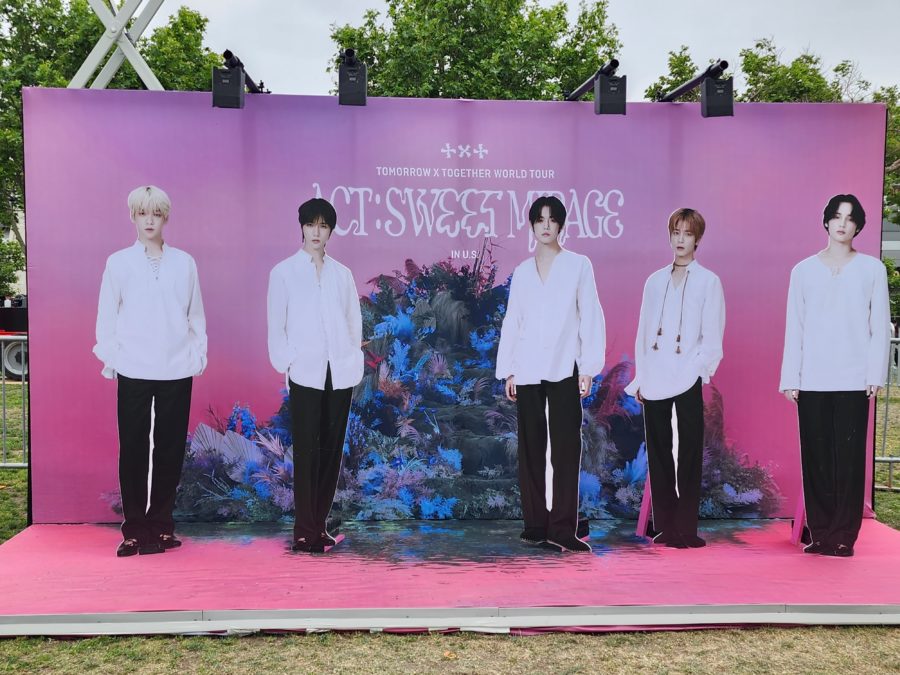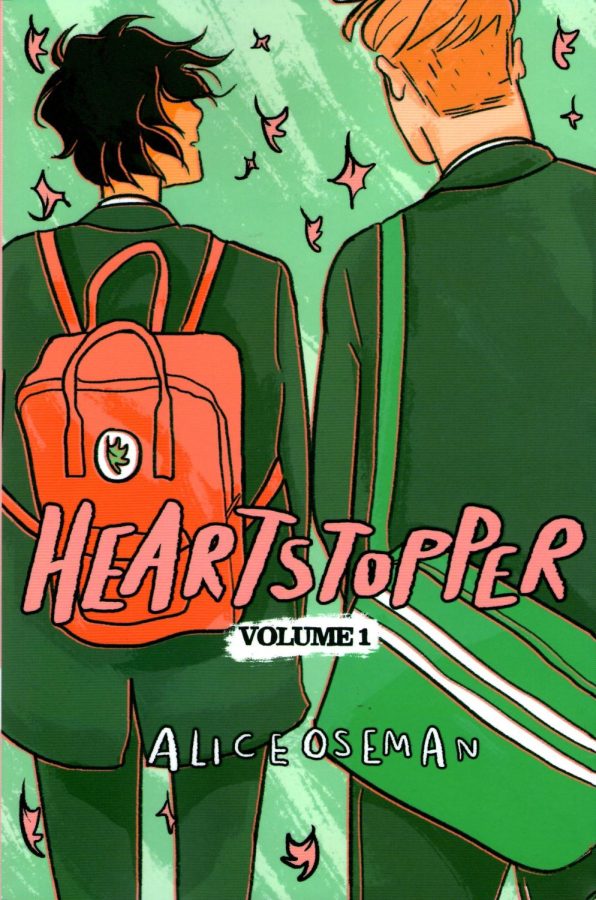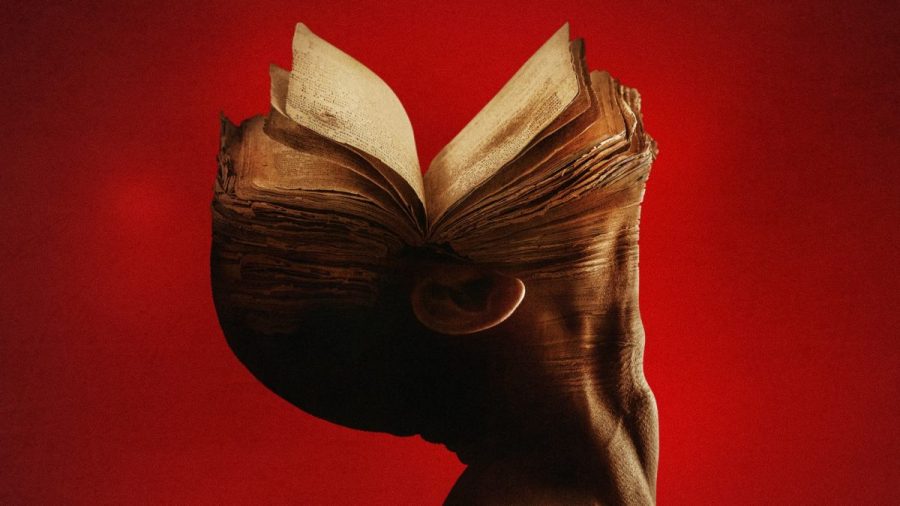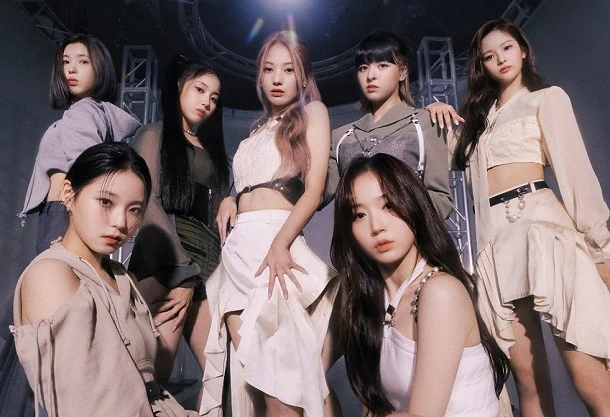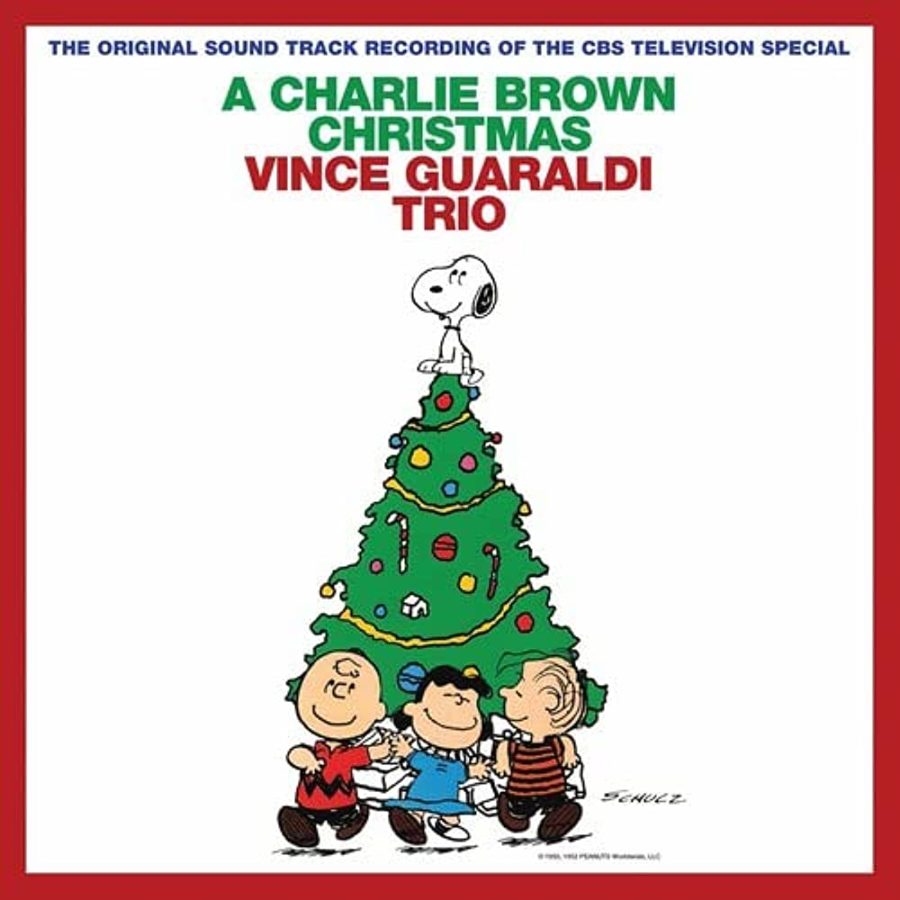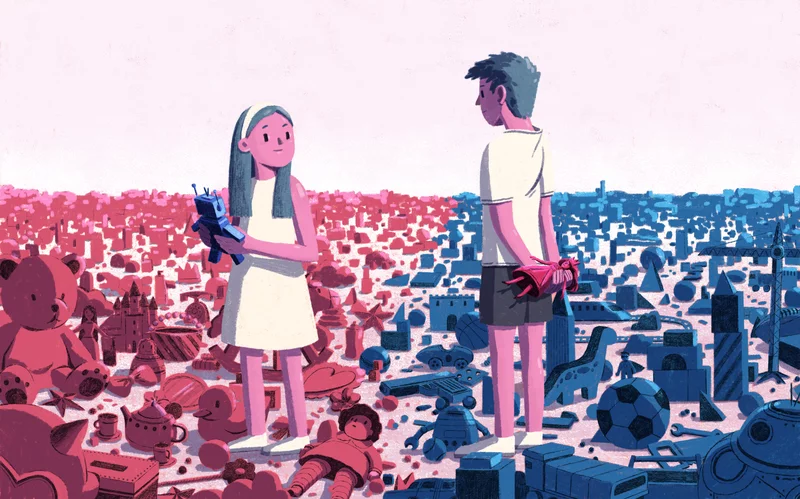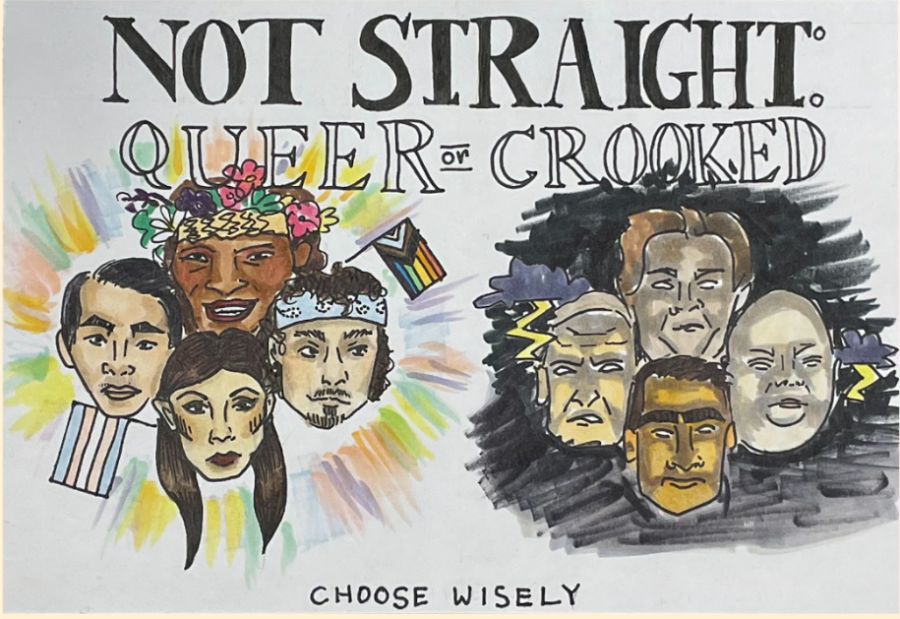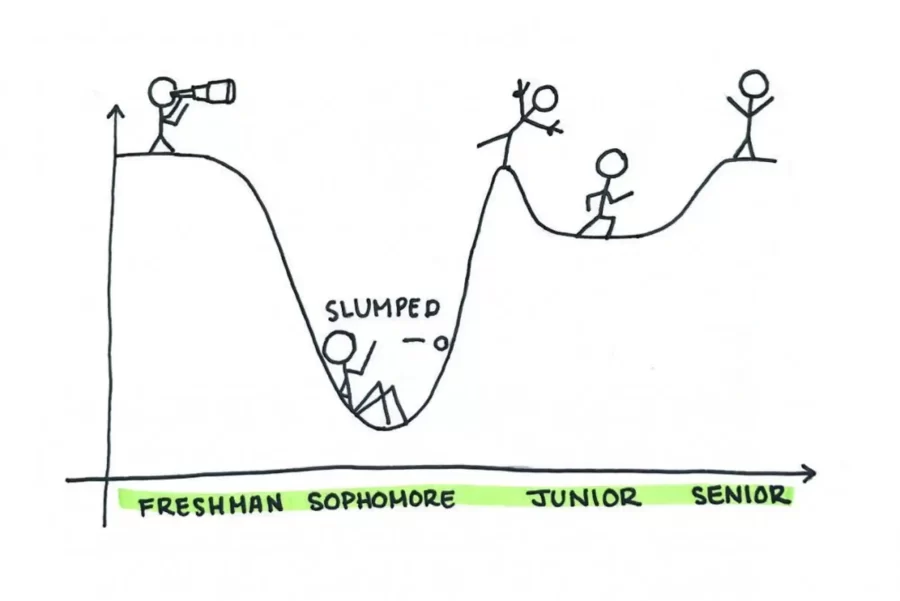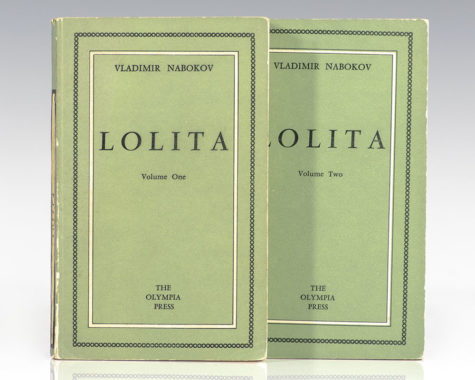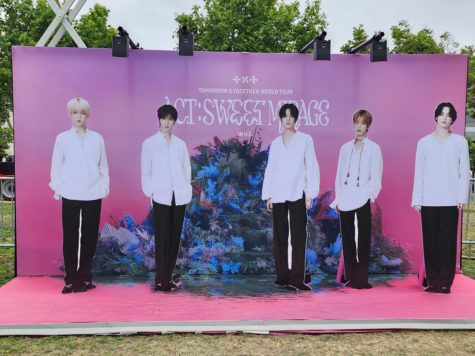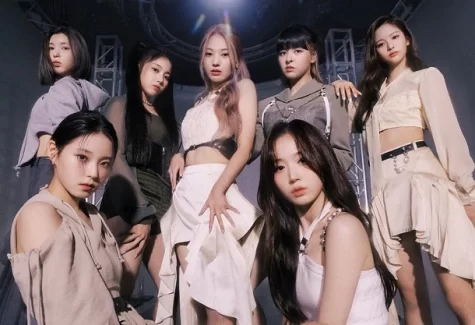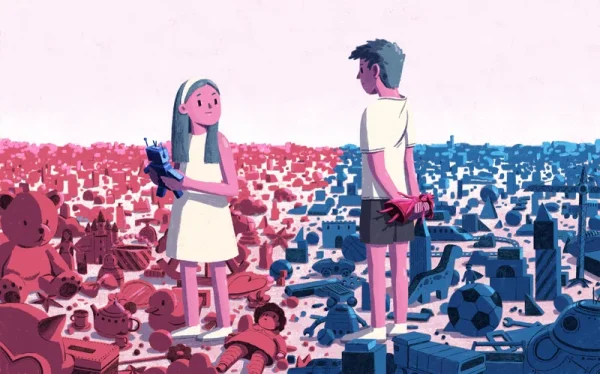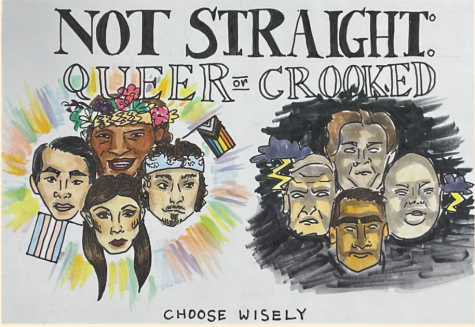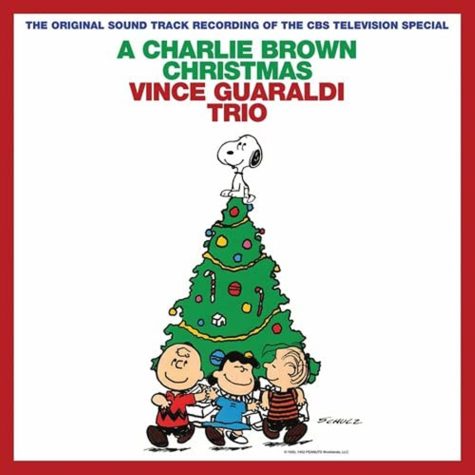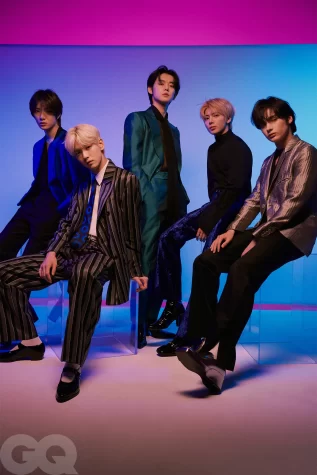Star Troopers: A Movie Debuted Before its Time
Disclaimer: The following is an Opinion Piece from The Echo’s Editorial Section. An opinion piece is one in which a writer expresses a firmly developed opinion that is supported by study, reasoning, and circumstantial evidence. It’s a writer’s approach of expressing both what they believe and why they believe it. As a result, any opinions stated in by-lined editorials reflect the author’s views, not the administration or student body of GALA.
Starship Troopers was released in 1997 and is loosely based on the book of the same name. It was designed to be a dystopian story that took place in the 23rd century, but the public largely didn’t understand that it was a nuanced satire on fascism.
The movie centers around a war against an alien race of bugs, but it’s so much more than that. Starship Troopers is the perfect combination of a propaganda film and a B-movie. It follows young soldiers as they complete their “optional” term of service for the United Citizens Federation (Earth’s government).
Throughout the movie, the layers of Earth’s shiny and promising exterior are ripped away to reveal a dark and amoral core. These layers are removed along with tonal changes in the movie. Starship Troopers starts with an ad to join the army but ends with a scene that makes you wonder if you were rooting for the wrong side in the war. The line that drives home this point is simply “It’s Afraid.” This line is referring to the capturing of the “villain” of the movie, but the fact that the villain of the movie is scared of the “good guys” makes it all the more chilling.
One scene in particular that makes this movie impactful is the communal shower scene. While most American movies would use this as an opportunity to sexualize the cast of the movie, Paul Verhoeven (Starship Troopers’ director) uses it as a way to communicate vulnerability to the audience. During this scene, a nosey army recruit goes around the room and asks people why they joined the army. Most of the people joined to have access to things we take advantage of today. Some joined to go to college while others joined to simply be able to vote or to have children. In the Starship Troopers society, the only way to do these things is to become a citizen, which is achieved by serving two years in the army.
The communal shower scene is one of the only scenes in the movie where people show how they truly feel. For the rest of the movie, most of the characters have neutral expressions. This is meant to model the “perfect soldier,” one of the only details kept from the book. It also adds to the propaganda aspect of the film. The Federation needs “perfect soldiers” to fight to the death and keep level-headed.
When Starship Troopers came out, no one was prepared for a satire on fascism and thought Verhoeven believed this was the best course for society. While this was not true, there were a few factors that led to this. There were no currently active fascist governments when this movie came out, and no one thought there would ever be another fascist government. This caused the fascist beliefs in the movie to seem genuine.
Looking back on the movie now, it seems very clear that this was satire. Also, there are scenes in the movie that are more culturally relevant now than in 1997. For example, there is a news broadcast in the movie that has a news anchor arguing with a scientist. At one point the news anchor says, “I find the idea of a bug that thinks offensive.” This hits a bit too close to home with the recent uptick in opinionated news anchors.
Overall, I think Starship Troopers is a good movie. It’s complex and nuanced in a way most movies made now are not. The ending of the movie is what you make of it and no matter what, it will make you feel conflicted. If you are interested in learning more about Starship Troopers, I highly recommend watching it. I didn’t get a chance to go into detail about the characters and barely scratched the surface of worldbuilding. For now, I’ll leave you with the most iconic quote from the movie: “I’m from Buenos Aires and I say kill them all!”
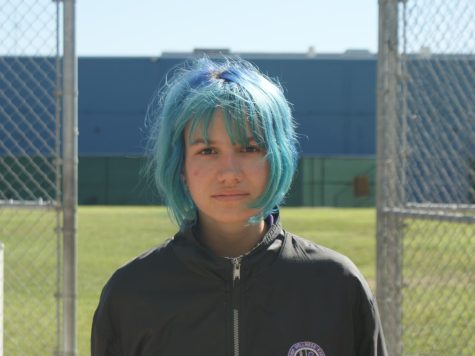
Alia B. is a sophomore at Girls Academic Leadership Academy. It is her first year in the journalism elective and she is currently the Jr. Copy Editor for...
